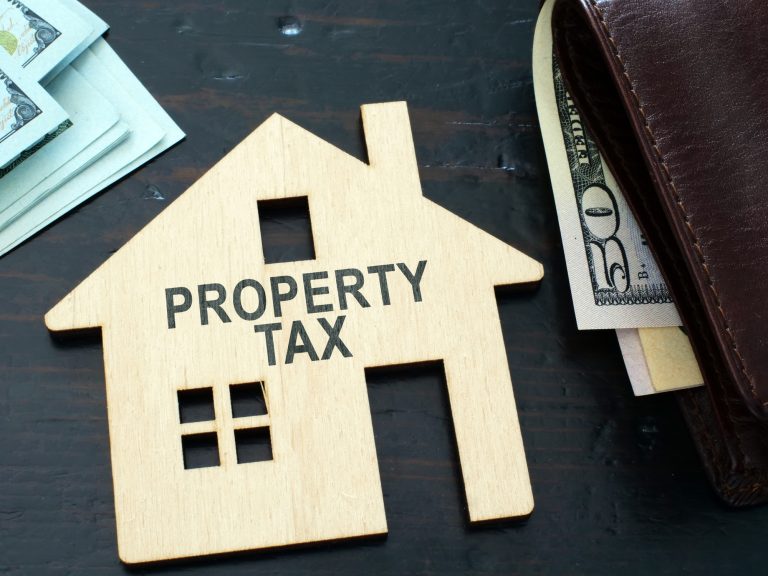Understanding Malaysia’s Belanjawan 2026 – What Businesses Should Know
Malaysia’s Budget 2026 (Belanjawan 2026) brings bold allocations and forward-looking reforms aimed at stimulating economic growth, supporting businesses, and driving long-term transformation. With a projected growth rate of 4.0%–4.5%, national income at RM343.1 billion, and fiscal deficit narrowing to 3.5%, the budget demonstrates a balance between fiscal discipline and strategic investment.
In Part 1 of this series, we focus on business-related incentives, tax changes, green initiatives, and SME support that could significantly impact planning, investment, and tax positioning for companies operating in Malaysia.
1. Tax Incentives and Deductions You Should Know
Belanjawan 2026 introduces a series of targeted tax benefits and updates that companies should take advantage of:
- Green Investment Tax Allowance (GITA)
Businesses using MyHIJAU-certified green technology products are entitled to a 100% green investment tax allowance—encouraging sustainability in manufacturing and infrastructure. - AI, R&D, and Innovation Boost
A total of RM5.9 billion is allocated across ministries for research, commercialisation, and innovation. Businesses in the AI and tech sectors can expect improved access to grants, incentives, and pilot programs to fund future-forward projects. - Tourism & Family Tax Reliefs (B2B Opportunity)
While not direct corporate incentives, the RM1,000 tourism ticket tax relief and RM3,000 child care relief will likely stimulate domestic demand—benefiting related sectors such as travel, education, and retail.
2. New & Adjusted Taxes – What’s Changing?
Tax adjustments announced include:
- Carbon Tax Implementation
Slated for 2026, this signals Malaysia’s commitment to ESG goals. Businesses in energy, manufacturing, and transport sectors should begin assessing their carbon footprint and preparing mitigation strategies. - Excise Duties Increase
- Cigarettes: +2 sen per stick
- Alcohol: +10%
While this targets public health, businesses in F&B and distribution must reassess their margins and pricing strategies accordingly.
3. RM50 Billion Enterprise Support Ecosystem
To bolster entrepreneurship and MSMEs:
- RM50 billion in financing and grants will be available through development banks and public agencies.
- RM2.5 billion allocated to micro-financing, including accessible platforms for underserved communities and women-led businesses.
These funds can serve as working capital, digitalisation grants, or expansion funding—especially beneficial for companies seeking to digitise or expand regionally.
4. Renewable Energy & Infrastructure Highlights
- LSS 6 – Large-Scale Solar Phase 6:
RM6 billion allocated, further cementing Malaysia’s commitment to clean energy. This opens B2B opportunities for EPC contractors, solar system suppliers, and financiers. - Infrastructure Projects:
- Jeniang Water Transfer Scheme: RM1.28 billion
- KLIA1–KLIA2 Linkway
- RM5.6 billion for state road upgrades
Businesses in construction, logistics, and public infrastructure consulting should actively monitor tender announcements.
5. Sabah & Sarawak – Regional Focus
Companies with operations in East Malaysia should note:
- RM48 billion allocated for roads and highways, including the Pan Borneo Highway
- Special grants for both Sabah and Sarawak doubled to RM60 million
- Accelerated rural infrastructure plans (MA63 commitment)
These signal a policy shift toward greater regional equity, and present investment/tender opportunities for local contractors, suppliers, and joint ventures.
Final Thoughts
Belanjawan 2026 is a decisive step toward a resilient, inclusive, and sustainable Malaysia. Businesses—especially SMEs, manufacturers, and tech-forward companies—stand to benefit significantly from both fiscal incentives and ecosystem support.
Understanding Malaysia’s Real Property Gains Tax (RPGT) – Part 1
In the next article (Part 2), we’ll cover:
- Cash aid and social measures impacting consumer demand
- Public sector investments (education, healthcare)
- What companies must do to prepare for carbon compliance
Stay tuned.
Understanding Malaysia’s Real Property Gains Tax (RPGT) – Part 2
Disclaimer: This article is for informational purposes only and does not constitute any professional advice. Feel free to contact us to consult with our professional advisors team for personalized advice and guidance.




